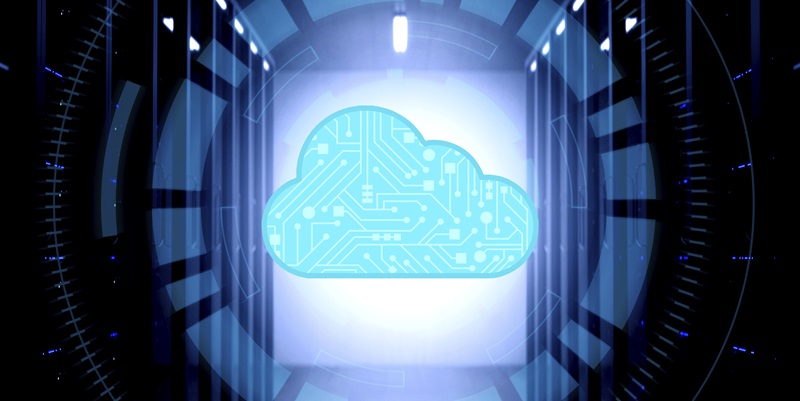DataStax and Google Cloud have joined forces in a strategic partnership aimed at revolutionizing the world of generative AI applications. By blending DataStax’s agile databases with Google Cloud’s sophisticated Vertex AI, they are enabling a much smoother and more efficient use of large-scale enterprise data for modern applications and data streams.
This alliance will help developers to integrate advanced AI models into their operations with greater ease, using popular programming languages like JavaScript and Python. This initiative seeks to remove barriers to adopt generative AI technology, making the journey from concept to production more fluid. As generative AI becomes increasingly critical in business innovation, DataStax and Google Cloud’s collaboration ensures that industries can fully tap into the vast potential of AI in the rapidly evolving tech environment.
Pioneering the GenAI Landscape
Fueled by the partnership with Google Cloud, DataStax is revamping its Astra DB to enable the effortless, no-code production of resilient RAG applications. The improved Astra DB now comes with advanced security measures such as IAM, access transparency, and custom encryption key management, as well as VPC security, assuring its suitability for application in even the most sensitive sectors.
Ritika Suri of Google Cloud celebrates the vast opportunities that generative AI can bring to cloud users. Simultaneously, Ed Anuff of DataStax commits to equipping developers with the sophisticated tools needed to navigate the intricacies of AI app development. Additionally, Martin Brodbeck, CTO of Priceline, acknowledges the substantial benefits that this integration brings to the creation of responsive and scalable GenAI solutions.
In summary, DataStax and Google Cloud are paving the way for GenAI applications by making the development process more streamlined, scalable, and security-assured, enabling personalized customer interactions like never before.

